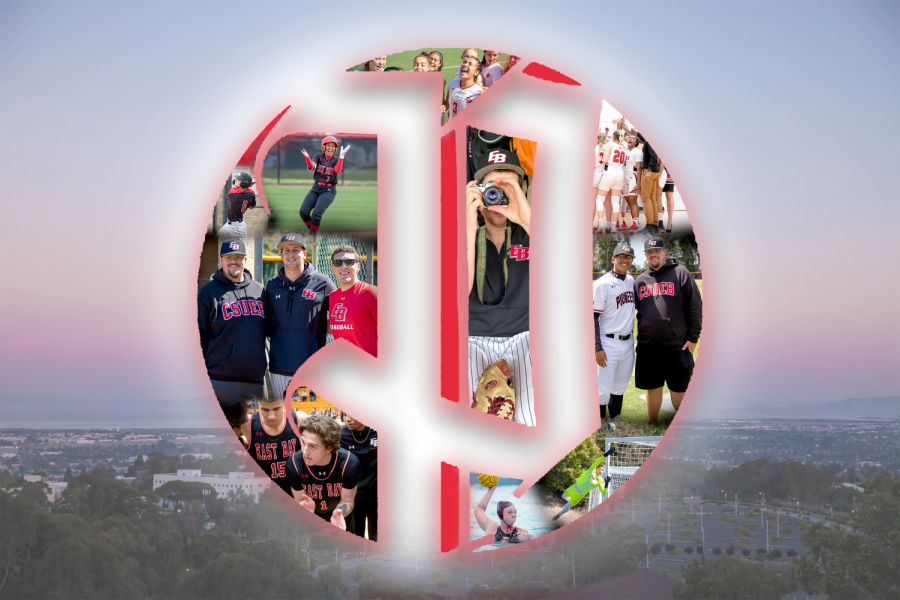Albert Snyder, father of fallen Marine Lance Corporal Matthew Snyder, became “violently ill” after reading and seeing coverage of the Westboro Baptist Church’s protest of his son’s March 2006 funeral, where members of the WBC’s congregation picketed with signs reading “God Loves Dead Soldiers” and various other hateful slogans. After winning a lawsuit for defamation, invasion of privacy and intentional infliction of emotional distress in a federal court, the ruling was over turned by an appeals court. Last Wednesday, October 6, the Supreme Court heard arguments from both sides.
Fred Phelps, founder and pastor of the Topeka, Kan.-based WBC, has made a name for himself and his 70-person congregation by protesting military funerals, and claiming that the deaths of U.S. military personnel are a sign that God is punishing the U.S. for its tolerance of homosexuality—particularly in the military. If holding up picket signs reading “Fags die, God laughs,” “Thank God for IEDs” and “Semper Fi Fags” weren’t clear enough an espousal of their views, one has merely to examine their website—www.godhatesfags.com.
Undoubtedly, emotions are difficult to divorce from the question of legality of the WBC’s message, but the courts—SCOTUS in particular—have been more or less consistent in the past, granting that the First Amendment right to free speech of even the most virulent and hateful of views is legal barring any immediate threat to national security. The content of the message, it seems, is less important than the right to deliver that message.
But what about the right to privacy? If burying their son wasn’t difficult enough to endure, do the Snyders really have to tolerate a fundamentalist group making a spectacle of their grief? It was only a matter of very short time that television cameras and news reporters would flood the scene.
According to accounts of the funeral, seven protestors from the WBC showed up to protest, following local ordinances and police direction as to where they were allowed to gather. Mr. Snyder’s view, that his son’s funeral was a special circumstance and a private affair, sounds perfectly reasonable within the parameters of what we might call “basic human decency.”
From a First Amendment perspective, however, Albert Snyder is wrong. The court of appeals rightly upheld this, and the Supreme Court should too.
“The central principle of the First Amendment is that the government may not treat some ideas differently because people may find them odious or offensive,” Huffington Post contributor and Professor of Law Geoffrey R. Stone of the University of Chicago reminds us. If Phelps and the WBC had done the opposite, and praised the Marines and Lance Cpl. Snyder, the Snyder family presumably would have had no objection. If they had, no jury would have held the church liable for intentional infliction of emotional distress—according to Stone, “this discrepancy is precisely what the First Amendment forbids.”
Central to the idea of free speech is the idea of neutrality—that all speakers, no matter the message, be given equal opportunity to voice their views. With that, the inverse is true—if censorship is to be enforced, it should be enforced equally upon everybody. Certainly, the Westboro Baptist Church’s message is highly offensive and contemptible to many, but the degree to which hate speech is offensive is largely irrelevant to the courts, which, according to legal experts like Stone and First Amendment expert Floyd Abrams, will likely rule that the jury verdict in the original trial was a violation of the First Amendment.
Outside the halls of the Supreme Court, however, the many may wonder exactly how we are to deal with fringe groups like Phelps and the WBC, who, in the age of instant, expansive media seem to always find an outlet to deliver their message. For one, we might take pride that the U.S., as our colleagues across the pond with the BBC remind us in a legal analysis of the case, is one of the few democracies (and for that matter, nation states) that would allow a “meaningful conversation about the legal protection of such vile communication”—especially one that takes place in the nation’s highest court and with so much at stake.
“America,” says the BBC’S US legal analyst Andrew Cohen, “generally endures even deliberately cruel expression…not only endures…but gives it a vast protective berth under…the First Amendment to the Constitution.” And we are quick to forget that the protective berth provided us by the First Amendment gave civil rights protestors the right to march and sit-in in the 1960s, or protest the Vietnam War, sometimes burning flags or draft cards—all views considered “threatening” or “offensive.”
And perhaps the best thing that we can do is realize that Phelps and his ilk are hardly representative of anything acceptable in American society, and denying them the right to their views would be a self-inflicted wound to our civil liberties at the behest of what many would deem a bunch of fundamentalist bigots. For the Snyders, who deserve our sympathy, that is a hard cross to bear, but one that is necessary in the interests of our First Amendment rights.
The First Amendment and the Right Of Hate Speech
October 14, 2010
More to Discover










